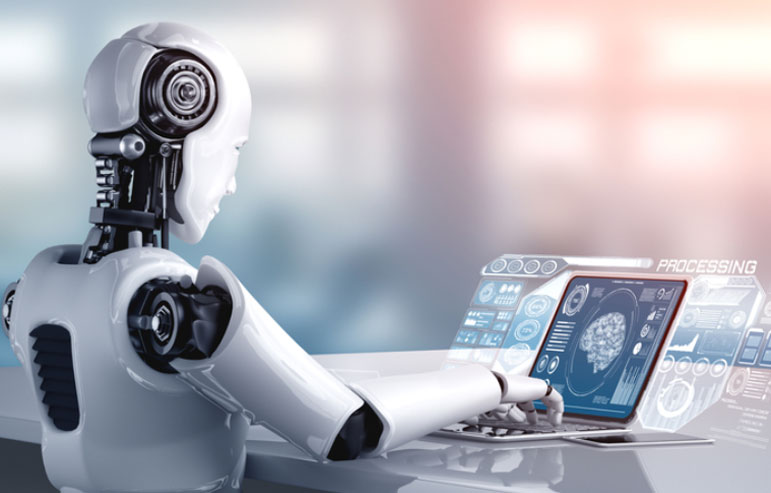When an important new technology takes center stage, jobs are in the news. So it is with generative artificial intelligence. How will it affect the labor market? Will it displace people from their professions? However, we will now focus on its potential to create entirely new jobs. Rather than replacing humans as workers, generative artificial intelligence will create a new need for skilled workers—specialists with the skills to manage and get the most out of it.
Here is a list of new roles related to generative artificial intelligence.
Prompt engineerSuggestion engineers are the specialists who make generative AI applications like ChatGPT produce a certain result. (For example, a generic prompt will elicit a generic response, so a prompt engineer will refine their prompts until they get the desired result). In this sense, rather than being experts in programming, suggestion engineers need strong communication skills, attention to detail, critical thinking, and data skills (in terms of understanding what information the AI needs).
Specialist in generative design
Similar to the prompt engineer, but with a focus on design deliverables, this job title will become increasingly popular in fields such as architecture, product design, and engineering. In short, because generative AI can be used to create almost unlimited design variations, experts will be needed to guide it and interpret its results to achieve optimal design.
Data input and output manager
Think of this role as the next level up after the project engineer – a more strategic role, controlling the information that goes into generative AI systems and the results that AI systems deliver. This will become increasingly important as companies grapple with considerations of data privacy, copyright, explainability of artificial intelligence, and its biases.
Content Auditor
All forms of content – such as written articles, visual projects and analytical reports – will need reviewers to assess the quality, accuracy and relevance of the content. So while we’ll undoubtedly see generative AI being used to create more and more content, we still need humans to ensure it’s fit for purpose.
AI trainer
These are experts specializing in «teaching» and improving artificial intelligence models. Their tasks can range from feeding AI data to fine-tuning its results to ensure accuracy and relevance.
AI Support Engineer
Like any system, AI models require maintenance in terms of updating the models, ensuring the systems are running efficiently, and troubleshooting. Generative artificial intelligence is no different.
AI Security Specialist
The cybersecurity landscape is becoming much more complex thanks to artificial intelligence, with the technology enabling more sophisticated phishing attacks, malware, and more. Organizations will therefore need experts to protect systems from malicious use of AI and potentially use it to mitigate threats.
AI Instructor/ AI Literacy Tutor
Just as computer literacy became a fundamental skill in the late 20th and early 21st centuries, artificial intelligence literacy will become critical going forward. Instructors are emerging who can educate people about the workings, benefits, and challenges of AI.
Compliance Manager
If the role of the ethicist is to shape the ethical use of artificial intelligence, the role of the compliance manager is to ensure that these guidelines are followed properly. Additionally, as regulations and controls on artificial intelligence increase, organizations will need dedicated compliance professionals to ensure that businesses operate within legal frameworks.
Personality designer
As more and more generative AI tools emerge, it stands to reason that they will need their own unique “personalities” to set them apart from the competition. In this sense, a new role dedicated to the creation of attractive and likable personalities for the generative structures of artificial intelligence may emerge. This will make interacting with them more human.
Custom solutions developer
While many applications of AI can be broad, there is a growing market for customized, niche solutions tailored to specific industry needs or challenges. In fact, this is already happening. Many organizations partner with AI companies to create their own custom internal models built on publicly available models.

